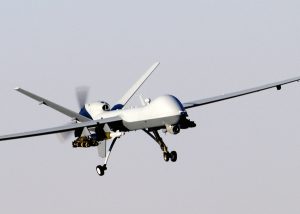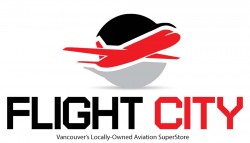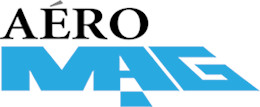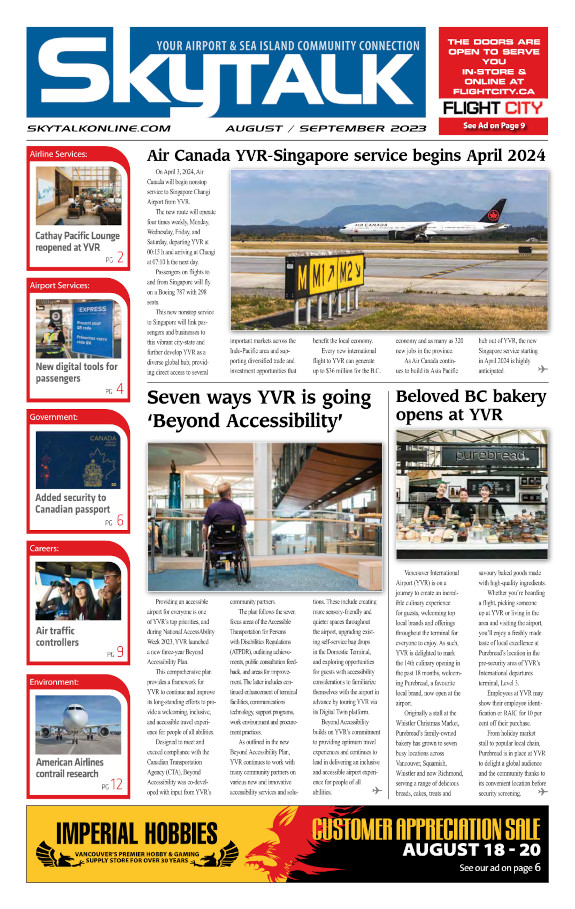
A MQ-9 Reaper unmanned aerial vehicle prepares to land after a mission in support of Operation Enduring Freedom in Afghanistan. The Reaper has the ability to carry both precision-guided bombs and air-to-ground missiles. (U.S. Air Force photo/Staff Sgt. Brian Ferguson)
Transport Canada’s new rules for remotely piloted aircraft systems, more commonly known as drones, will come into force on June 1, 2019.
The new rules apply to all drone pilots flying drones between 250 grams and 25 kilograms that are operated within the drone pilot’s visual-line-of-sight, regardless of whether the drone is flown for fun, work or research.
Developed after significant consultations with Canadians and the industry, the final regulations introduce two main categories of drone operation: basic and advanced.
The categories are based on distance from bystanders and airspace rules. Both categories have their own set of rules that will require the drone pilot to:
- register and mark the drone with its registration number;
- pass an online exam and get a pilot certificate for basic or advanced operations;
- be a minimum age of 14 for basic and 16 for advanced operations, unless supervised by a person having proper certificates;
- stay below an altitude of 122 metres (400 feet) above ground level; and
- stay away from air traffic
Only drone pilots who need to fly a drone outside the rules for basic or advanced operations will need to apply for a Special Flight Operations Certificate (SFOC) before they fly.
Transport Canada is encouraging drone pilots to take the necessary time to review and fully understand the new rules for drones in Canada and to follow a course provided by a drone flight school before attempting to take an online exam or flight review.
Drone pilots will need to have their Pilot Certificate and proof of registration readily available when flying their drone as of June 1, 2019. This can mean having an electronic version available on their mobile device or carrying a printed copy.
Until the new rules come into force, recreational drone pilots must continue to follow the rules of the Interim Order Respecting the Use of Model Aircraft and pilots using their drone for work or research must continue to follow the conditions of their Special Flight Operations Certificate.
All drone pilots are also subject to the Criminal Code as well as all provincial, territorial, and municipal laws governing areas such as privacy and trespassing.
Anyone who violates the regulations could be subject to additional fines of up to $25,000 and/or prison. This applies to drones of any size used for any purpose.
In December 2018, hundreds of flights were cancelled at Gatwick Airport, near London, England, following reports of drone sightings close to the runway. The incident caused major travel disruption, affecting close to 140,000 passengers and more than 1,000 flights.
Transport Canada has developed an improved, user-friendly website with information on the new regulations and helpful tools for all drone pilots, which is available at Canada.ca/drone-safety.








